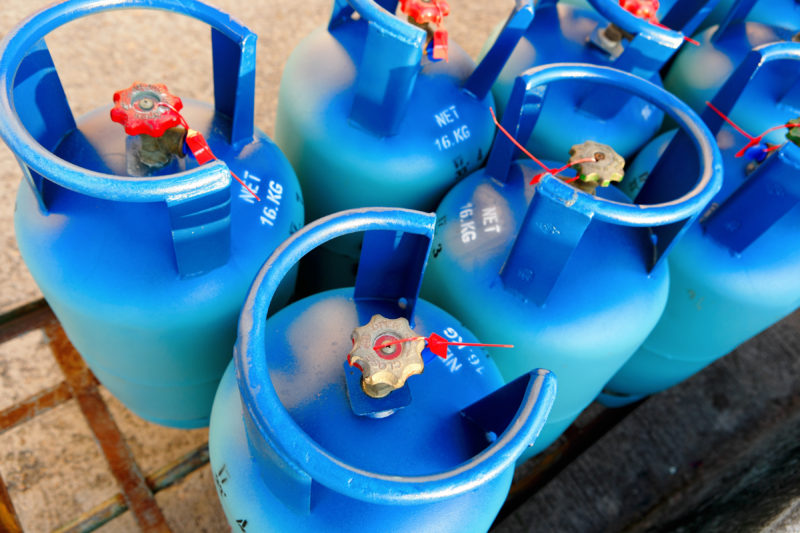They can go to induction, which is at least as good as gas and typically more energy efficient.
All new buildings?
Man some chef's are going to be pissed over that.
Gas hookups for new buildings will be banned in those that are 7 stories or less in 2023. Everything else in 2027. So no gas cooking, heat, or water. But to clarify, restuarants are apparently exempt, at least for the time building.
And I need to correct myself, while NY has a lot of renewables, apparently the local grid of NYC has 75% of its electricity sourced from fossil fuels. So unless the city can up there renewable sources considerably in the relatively near future, things probably will not be any more efficient and perhaps even less. It’s a shame the Indian Point nuclear station was shut down. Like with Germany, most of the power was replaced with fossil fuels, particularly gas- which at least is the better option amongst the fossil fuels. And to be clear, if you pay extra money on your electrical bill for renewable energy, that doesn’t actually mean your energy is coming from more renewables.
NYC also has the problem of limited transmission lines coming into the city. This has been a problem for a long, long time. Such projects are often blocked by environmentalists. In 2022 two new transmission lines were approved which will bring hydro from CA.
I’m all for using renewables where they make sense. Solar typically isn’t the most sensible choice in the Northeast considering they produce something like 70-80% less power than somewhere like the Southwest. Wind has some potential, much more than Solar, but of course has limited availability too. Considering the natural resources, emissions, and money it takes to switch power sources, I think we need to consider what infrastructure makes sense now to invest in and where we should hold off until we have better tech.
I’m not sure how NYC and other places expect to pull off a huge renewable energy generation switch while also converting everything that uses fuel to electric. The current grid in many places (ie NYC and California and Texas) already struggle to produce enough power as it is.
I don’t see these 10 year goals happening unless we actually invest in new power generation on a massive scale. And the initiatives that do exist to create renewable sources tend not to consider the problem of reliability/storage.

